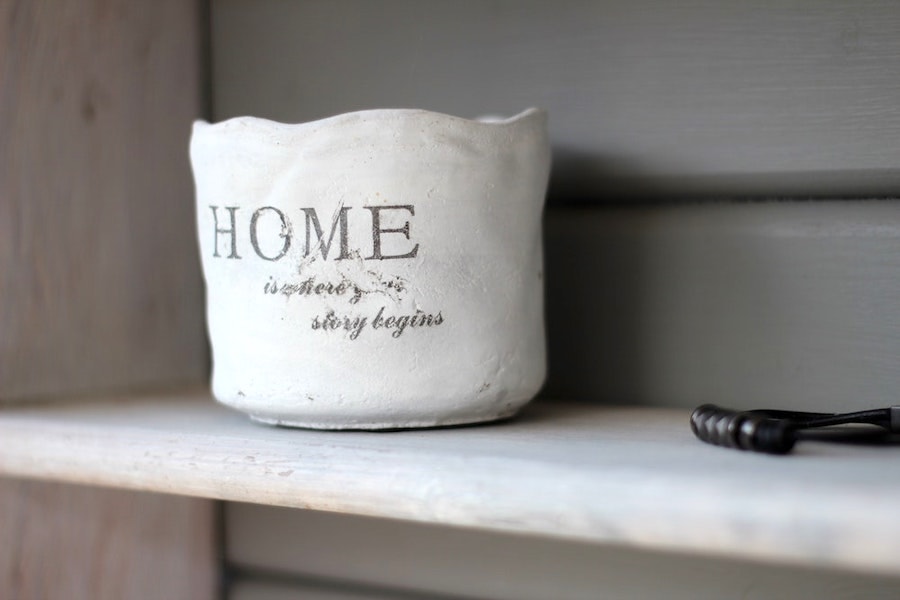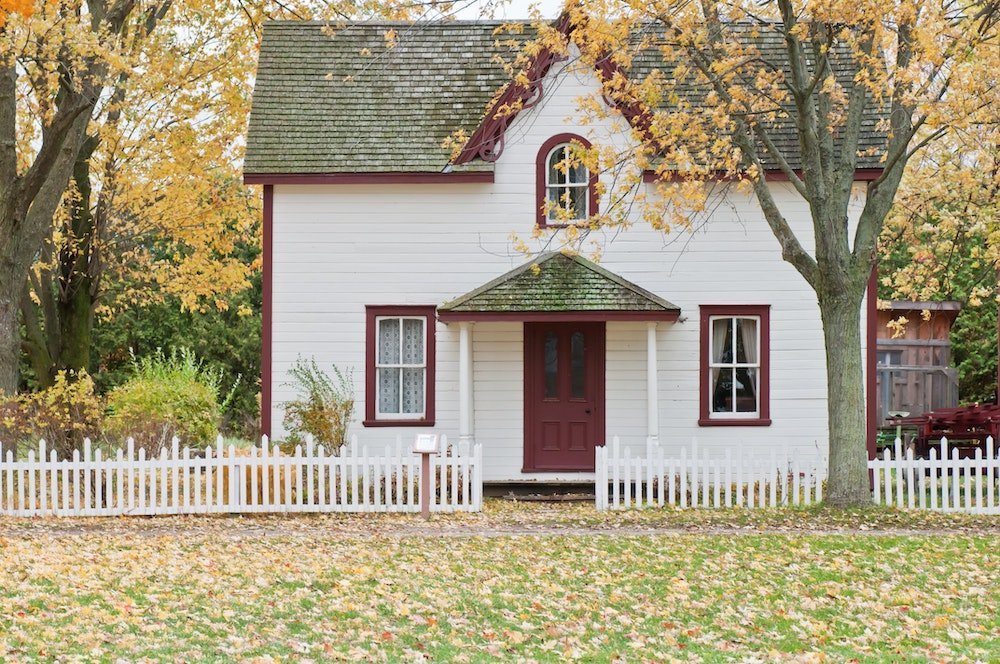
Buying mortgage points can lower your mortgage rate. When you buy a home or refinance, you might have the option to buy mortgage points. Buying mortgage points will generally reduce your interest rate by 0.25% (depending on the lender) for each point you purchase. But buying mortgage points isn’t always the best move.
If your top priority as a homebuyer is to lower your interest rate, then buying mortgage points or “discount points” will help you hit your goal. However, paying mortgage points isn’t the best decision for every homebuyer. What’s more, it won’t always help you save money on your mortgage.
The truth is, after discussing the final terms of a mortgage, along with closing costs and down payment options, many clients change their minds about buying mortgage points. Several factors impact a mortgage application, including your credit score, income, employment history, and debt-to-income ratio. Connecting with a local mortgage advisor can help you get the best mortgage based on your homeownership goals.
So then, how does it work when you decide to buy mortgage points?
Related: Mortgage Escrow Accounts–Everything You Need to Know
TOP 5 QUESTIONS ABOUT BUYING MORTGAGE POINTS
1. How does it work if I decide to buy mortgage points?
There are two kinds of mortgage points: rebate points and discount points. When homebuyers refer to paying mortgage points, they’re talking about “discount points.” Whether you “pay discount points” or “buy mortgage points,” both phrases mean the same thing.
Discount points allow the homebuyer to pre-pay interest when the loan closes in exchange for a lower interest rate. By pre-paying mortgage interest, you’ll receive a discount on your loan in the form of a lowered interest rate.
Each mortgage point typically costs 1% of the total loan amount. For example, buying 1 point on a $500k mortgage would be $5,000 (2 points would cost $10,000). The interest rate on your home loan would then be reduced by 0.25% for each discount point you purchase.
Related: Pros and Cons of a Conventional Mortgage
2. A sample scenario for a fixed-rate 30-year mortgage.
Here’s a sample home loan example for a $450,000, 30-year fixed-rate mortgage.
Loan amount: $450,000
Loan term: 30 year fixed-rate
Interest rate: 4.5%
Monthly payment: $2,280
If you decide to buy 2 mortgage points, it would cost $9,000 (2%), and your rate would be reduced 0.50% (0.25% x 2) to 4.0%. Your new payment would be $2,148.
In this scenario, you’d have a monthly payment that is $132 lower. It will take 69 months to recover the cost of your mortgage points (the original $9,000). After 6 years, you’d break even and begin saving money on your mortgage. Over 30 years, this would amount to a savings of $47,520.
3. Is it always a smart move to buy mortgage points?
In our example above, paying mortgage points at closing can save you a lot of money over the life of the loan. However, if you decide to sell or refinance before you break even, it could end up costing you money.
There are a few additional questions worth considering. How how long do you expect to stay in your new home? Do you have enough cash reserves for unexpected repairs? Are there other investment opportunities that might yield a better return?
Remember, you’ll need cash reserves for home repairs, maintenance, homeowner’s insurance, and other unexpected homeowner costs. If paying mortgage points exhausts your savings, it might be smarter to hold your funds.
Compare: How to Qualify for a Home Loan When You’re Self-Employed
4. Should I make a bigger down payment instead of buying points?
In the example above, if you were to put that $9,000 toward your down payment instead of paying mortgage points, you’d have a smaller loan and a lower monthly payment of $2,234.
Loan amount: $441,000
Loan term: 30 year fixed rate
Interest rate: 4.5%
Monthly payment: 2,234
One important detail: If you can put 20% as a down payment, you’ll have access to better loan terms, lower rates, and you won’t have to pay private mortgage insurance. For this reason, using your extra cash to increase your down payment might be a smart move.
By increasing your down payment, you’ll have a stronger loan-to-value (LTV) ratio, yielding better loan terms.
Understanding the trade-offs and using a mortgage calculator can help you determine what’s best for you financially. Connect with a local mortgage advisor to discuss your best options.
5. If I buy mortgage points, will the amount be tax deductible?
Yes, mortgage points are tax-deductible in most scenarios. When you buy mortgage points, you are technically pre-paying interest on your mortgage. For this reason, any amount you pay to buy mortgage points is treated the same as mortgage interest on your tax forms.
The Tax Cuts and Jobs Act of 2017 has put limits on the amount of mortgage interest that can be claimed as a deduction. For this reason, it’s a good idea to check with your accountant or tax advisor to verify the current limits and tax laws in your state.
Summary
Paying mortgage points at closing is a straight path to securing a lower interest rate on your mortgage. If you plan to stay in your home long-term, buying discount points will save you money on mortgage interest. However, paying down mortgage points along with your down payment, title fees, property taxes, and other closing costs can be tough.
Before you decide to exhaust your savings, discuss your options with a local mortgage advisor. An experienced mortgage advisor can help figure out exactly how much you’ll save each month on your mortgage and how long it would take to break even.
Finally, consider making a large down payment if you have plenty of cash resources to put toward a new home. A bigger down payment could generate more favorable loan terms that could end up saving you more money than deciding to buy mortgage points.
Taking Action
If you’re not sure whether buying mortgage points is the best financial decision, we can help guide you through the process. It’s important to understand the final terms of your loan, closing costs, and down payment options before you decide to buy discount points. Connect with a local mortgage advisor to discuss your goals and set yourself up for financial freedom. We’d love to help.



